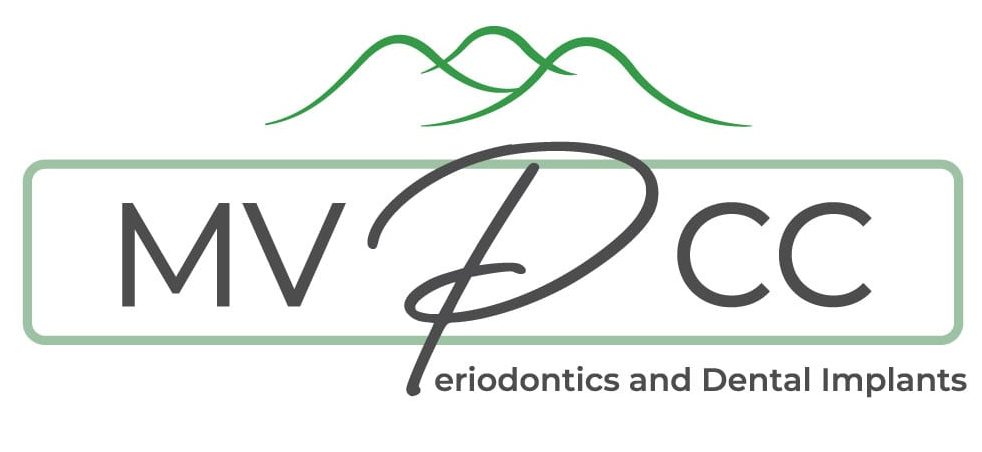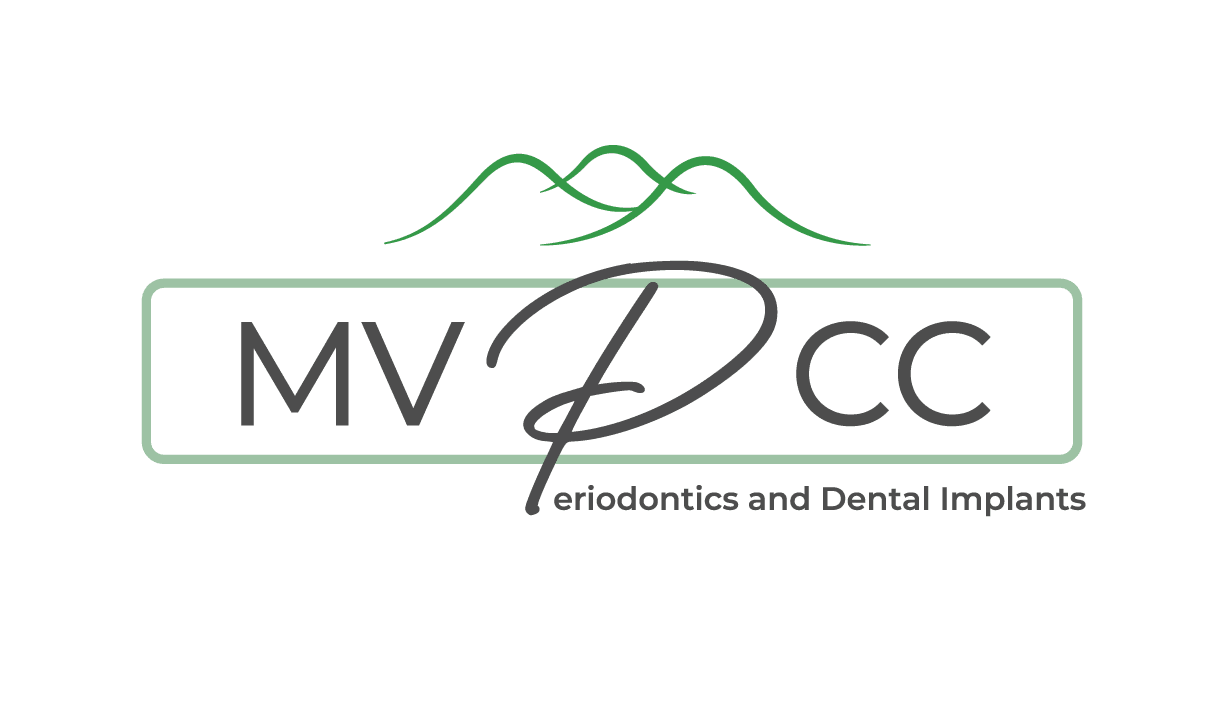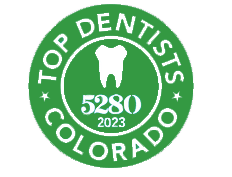As we age, we face many challenges in maintaining our health and well-being. A significant issue that affects our oral health is bone loss in the mouth, especially if you are missing teeth. Not only do missing teeth affect the appearance of your smile, but bone loss occurs when your jawbone no longer receives the stimulation it needs to maintain its strength and shape, leading to irreversible damage.
We want to educate our patients on how they can protect their beautiful smiles.
Understanding the Causes of Bone Loss
The roots of your teeth are anchored into your jawbone, and every time you chew, bite, or speak, it stimulates the bone to regenerate and stay strong. This constant stimulation from your teeth helps your jawbone maintain its density and shape. However, when you lose a tooth, there is no longer any stimulation in that area. Therefore, the jawbone starts to break down, and the bone loss process begins.
The first 12 months after you lose a tooth are crucial. During that time, the bone loss process accelerates, and your jawbone can lose up to 25% of its original height and width. Also, the remaining teeth might begin to shift, creating gaps and spaces between your teeth, which can cause further damage to your jawbone. When you lose an entire arch of teeth, the bone loss process becomes even more severe.
Several factors, in addition to missing teeth, can cause bone loss. These include poor nutrition, smoking, periodontal disease, and certain health conditions, such as diabetes or other immunocompromised conditions, which can also cause periodontal disease.. When periodontal disease is not treated promptly, it can lead to bone loss, eventually causing teeth to loosen and fall out.
How Bone Loss Affects Your Health
If you lose too much bone, there may not be enough left to support a dental implant, which is the preferred option for replacing missing teeth. Therefore, you might have to undergo a bone graft, a surgical procedure that adds bone to your jaw. However, bone grafts are not predictable at gaining vertical height of bone, which can make implant placement difficult, or even impossible, in some cases.
Also, loss of teeth, which diminishes the volume of the jawbone, can contribute to more facial wrinkles and a sunken appearance in your mid to lower face. Perhaps most importantly, bone loss can affect your overall health. Recent studies have shown that a weak jawbone can contribute to an increased risk of cardiovascular disease, stroke, and even Alzheimer’s disease.
Treatment Options for Bone Loss
When it comes to treating bone loss in the mouth, the key is early detection. Our team can identify and treat gum disease and bone loss in the mouth.
Depending on the severity of your condition, we may recommend scaling and root planing, periodontal surgery or extractions, and replacement of missing teeth. We may also recommend nutritional advice and regular follow-up to help prevent bone loss from returning.
Prevention Tips to Keep Your Teeth and Bones Strong
Practicing good oral hygiene is an excellent way to protect your smile and overall dental health. Brushing twice a day, flossing regularly, and using an antibacterial mouthwash can go a long way in preventing gum disease. It is also essential to visit your dentist regularly for cleanings and checkups. Be sure to eat a well-balanced diet rich in Calcium and Vitamin D.
Treat Bone Loss in the Mouth in Glendale and Parker
By understanding the causes and symptoms of this condition and preventative tips, we can work together to protect your smile. Our team can help you maintain optimal oral health and prevent bone loss. So don’t hesitate to contact us today to schedule an appointment.
Our team at Periodontics of Cherry Creek and Mountainview Periodontics and Dental Implants is committed to helping you maintain your beautiful smile for a lifetime. We offer various services to treat and prevent bone loss and other dental issues. This includes dental esthetics, dental implants, and extractions in Parker and Glendale, Colorado. Dr. Maryanne Butler and Dr. Amy Riffel are available to answer any questions.


